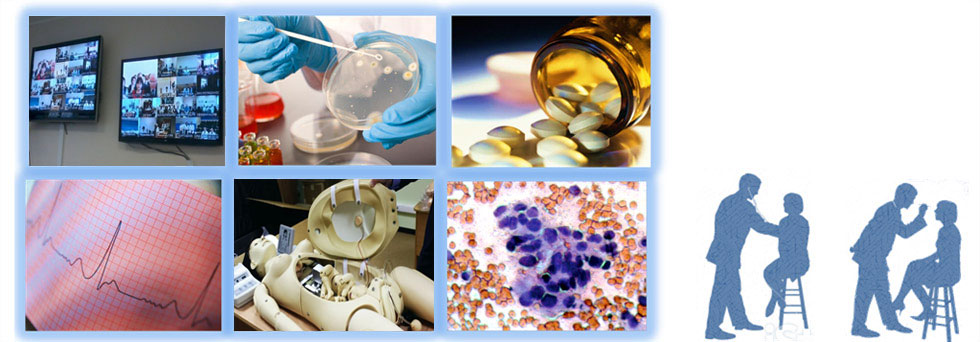Sidorova N., Lavrukova O., Lybzina S., Prikhod A. Catalogization of microorganisms in composition of the corpse microbiome // Journal of Biomedical Technologies. 2016. № 1. P. 24‒34. DOI: 10.15393/j6.art.2016.3502
Issue № 1 (2016)
Original research
Catalogization of microorganisms in composition of the corpse microbiome
| Sidorova Natalia Anatolyevna | Petrozavodsk State University, 185910 Russia, Karelia, Petrozavodsk, Lenin Ave., 33, vanlis@petrsu.ru |
| Lavrukova Olga Sergeevna | Petrozavodsk State University, 185910 Russia, Karelia, Petrozavodsk, Lenin Ave., 33, okgalavrukova@yandex.ru |
| Lybzina Svetlana Nikolayevna | Petrozavodsk State University, 185910 Russia, Karelia, Petrozavodsk, Lenin Ave., 33, slyabzina@petrsu.ru |
| Prikhod Andrey Nikolayevich | Department of Forensic Medical Expertise of the Ministry of Healthcare, 185035 Russia, Karelia, Petrozavodsk, Fedosova str., 22, sudmedex@onego.ru |
|
microflora of a corpse decay putrefaction ammonification time of death |
The article summarizes data on microorganisms involved in the process of decomposition of a Sus scrofa domesticus L. carcass used as a model for studying biological characteristics of the mechanisms of decay. The results on the prevalence, abundance, and diversity of micromycetes and bacteria found in fragments of corpses and in the bed are presented. The potential of microorganisms’ usage, as well as application of the outcomes of microbial destruction of organic matter for evaluation of the time of death in the late post-mortal period are shown. In particular, it was revealed that the increase in the duration of decomposition leads to reduction of species diversity in bacterial communities with concomitant increase in the number of certain life forms. |
Displays: 5411; Downloads: 12087;




